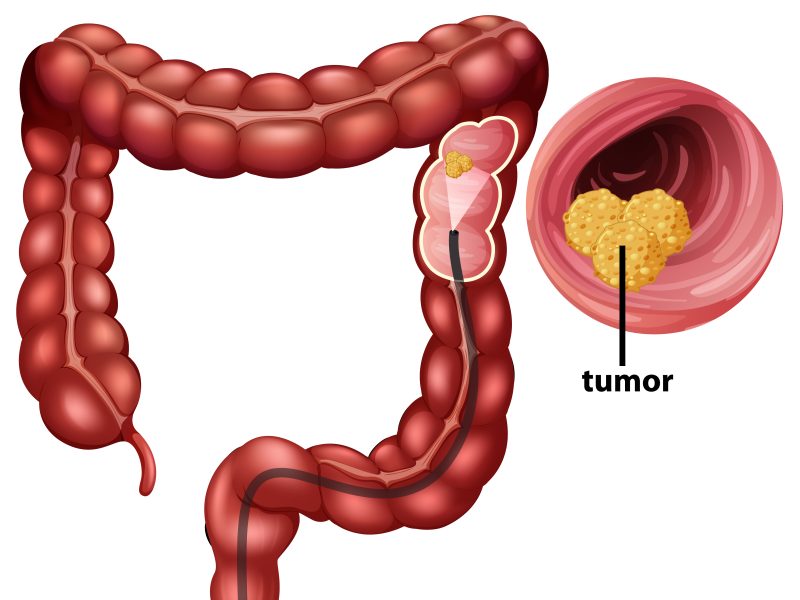Introduction
Why gut health matters? That’s because more than 70% of your immune system lies in your gut. A growing amount of research shows the enormous role they play in the gut’s overall well-being and good health. Good gut health assists in effective digestion as the good bacteria helps in producing vitamins and supporting your immune system while fending off dangerous bacteria. The best way to enhance your gut naturally is through a well-balanced diet. Let’s look at the kinds of foods that you need to consume to give you the best and highest gut health benefits and maintain good gut health.

High-Fiber Foods
A kind of carbohydrate, plant-based fiber is important for your gut. Fiber is categorized as soluble and insoluble. Soluble fiber forms a gel that is consumed by gut bacteria. Soluble fiber gel is formed when it absorbs water. On the other hand, insoluble fiber helps in providing bulk to your stool and passes through the digestive tract largely intact. Insoluble fiber helps in promoting regular bowel movements and makes food pass more quickly through the gastrointestinal tract.
Both kinds of fiber are helpful for digestion and help in preventing constipation. There also important in protecting against excessive weight gain and preventing the development of chronic diseases such as type II diabetes, hypertension, certain types of cancer and heart disease. High-fiber foods include:
- Oat brown and wheat bran
- Lentils and dried peas and beans
- Whole-grain foods such as whole-grain bread, cereal and pasta
- Whole grains such as brown rice, quinoa, barley and bulgur wheat
- Fresh produce such as green peas, artichokes, sweet potatoes and potatoes with skin, winter squash, strawberries, raspberries, blueberries, blackberries, oranges, apples with skin and pears with skin
- Nuts and seeds
Probiotic Foods to Maintain Good Gut Health
Foods containing living organisms are known as probiotic foods and help boost health-promoting microbes in your gut. Consuming probiotic foods can enhance your gut’s population of healthy bacteria. A good way of adding probiotic foods to your food is through fermentation. Fermented foods include:
- Yoghurt — daily and plant-based
- Fermented sauerkraut
- Composure
- Kimchi
- Fermented soy meals such as miso, natto and tempeh
- Fermented milk such as kefir
When looking to choose probiotic foods, remember to read the labels and know the kinds of living bacteria or active live cultures present in them. For instance, when buying probiotic sauerkraut, choose a refrigerated brand that has live cultures present. Probiotic goods are beneficial as they help join the community of living and healthy bacteria already present in your gut. You can also consider vegan probiotic foods.
Prebiotic Foods to Maintain Good Gut Health
While probiotic-rich foods are vital in your diet, you also need to eat foods that can help maintain the health of these good bacteria in your stomach or take ion gut health to boost your gut, brain health and immune system. That’s where prebiotic foods come in. Prebiotic foods contain specific types of soluble fiber that work as nutrient-dense food for healthy gut bacteria. That means when you consume prebiotic foods, you are ensuring that the good bacteria in your stomach is fed and maintained optimally.
Prebiotic foods contain types of soluble dietary fiber such as inulin, galactic oligosaccharides and fructooligosaccharides. Examples of prebiotic foods are:
- Onions
- Oats
- Garlic
- Sugary
- Bananas
- Asparagus
- Leaks
- Artichokes
- Soybeans
Synbiotic Foods to Maintain Good Gut Health
Synbiotic meals are those that comprise prebiotics and probiotics in a single meal. These kinds of foods provide you with both prebiotics and probiotics at once that deliver additional living cultures to your gut and help promote the existing healthy bacteria in your stomach. Some examples of synbiotic foods include:
- Yoghurt or fermented milk with bananas
- Fermented milk or yoghurt with raspberries, strawberries, blueberries, blackberries etc.
Anti-inflammatory foods
Inflammation takes place when your body releases excessive white blood cells to fight infection. This reaction is helpful when your body is fighting a disease. But there are times when your body enters an intermediary overdrive even in the absence of an infection. That means certain inflammatory chemicals are disposed of across the body, known as cytokines, even when the body does not require them. This constant process can worsen gastrointestinal conditions and contribute to poor gut health, such as Crohn’s disease, irritable bowel syndrome and ulcerative colitis.
Anti-inflammatory foods are replete with minerals, omega-3 fatty acids and vitamins that can cool down inflammation. They act as natural antioxidants and help in promoting gut health. Examples of anti-inflammatory foods include:
- Walnuts
- Broccoli, tomatoes and peppers
- Berries and grapes
- Fish such as anchovies, sardines and salmon
- Flaxseeds
Conclusion
Filling your meals with a wide range of gut-healthy foods can be an excellent way of boosting your gut microbiome. In addition, you also benefit from overall good health. The key to impacting your gut positively is to have an abundance of nutrients from a wide variety of fresh produce. Experts recommend that the more varied your diet is, the more access your gut has to a wide range of helpful nutrients. And while consuming gut-healthy food, remember to drink plenty of water throughout the day. Water is essential in enabling fiber and keeping your digestive system running smoothly.


